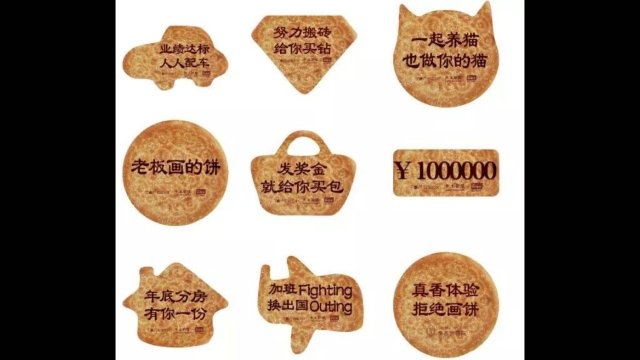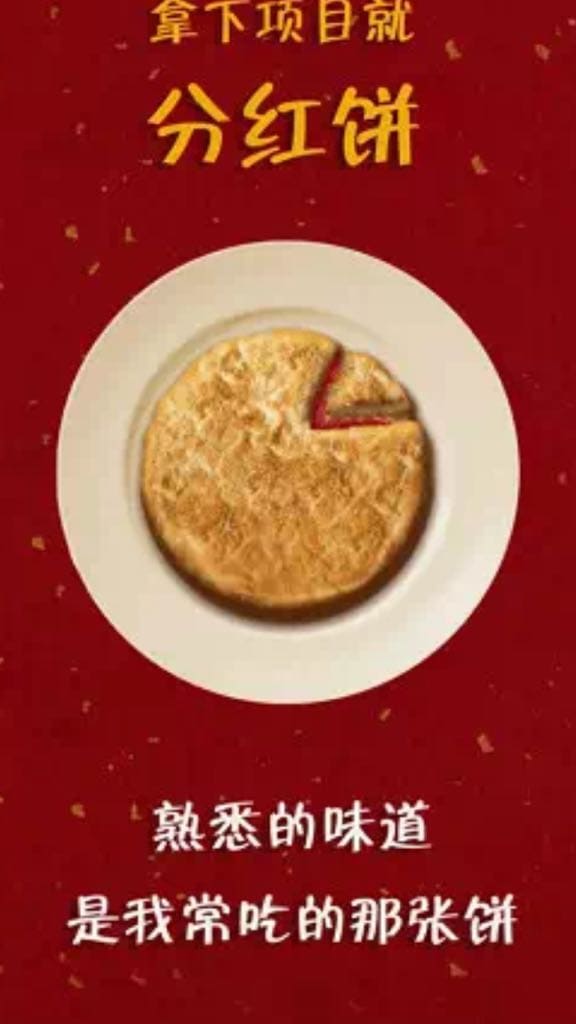05/08/2019 RUTH INGRAM
https://bitterwinter.org/in-xinjiang-even-nan-bread-is-being-sinicized/
Nan bread is a sacred sign of Uyghur identity and is usually decorated with traditional symbols. Now, the CCP wants nan “sinicized” with Communist slogans.
Ruth Ingram
A Sacred Symbol Debased
Early summer celebrations debasing nan bread in Xinjiang have dismayed members of the Uyghur diaspora around the world. Pictures of nan breads depicting the Chinese national flag, CCP symbols and patriotic slogans during festivities in Turpan have horrified Uyghurs abroad, already traumatized by news of incarcerations of their people in the transformation through re-education camps, and their own subsequent enforced separation from loved ones back in their homeland.
“Our bread is a unique part of our culture and so highly revered, that to see it scrawled with Chinese slogans is unbearable,” said Tursun, who made his home in the UK five years ago. “The government is dismantling our culture bit by bit and replacing it with a mockery.”
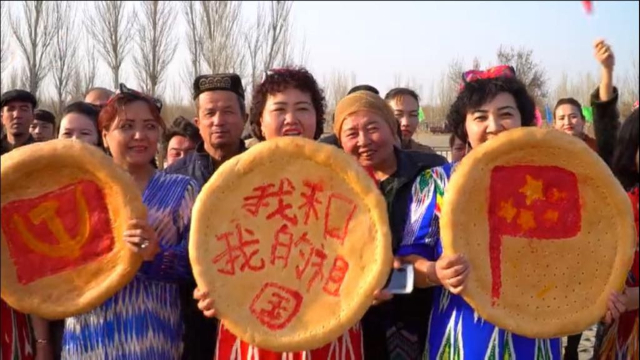
Nan, he explained is filled with symbolism for Uyghurs. The flat, round, disc-shaped spheres of various widths and thicknesses, have assumed a quasi holy quality down the centuries. It can’t be thrown, wasted, trodden on, put into the rubbish, or have lies told in front of. If seen discarded on the ground, it must be immediately rescued and placed on a high shelf and can never be criticized. Promises and vows told in its presence cannot be broken.
Chinese insistence on calling the precious “nan” bread, “nang” and describing it as a “pancake” has always infuriated Uyghurs.
“Why they can’t just learn to call it ‘nan’ is a mystery to me,” said Ahmed, a new arrival to Europe from Istanbul. “We don’t make up a ridiculous name for their steamed buns. We just called them ‘momo.’ That’s what they are called. It’s as if the Han want to put their stamp on our culture and claim it for their own.”
“Sinicizing” Daily Life
Beijing’s drive for national unity has spread into every area of regional life and the enforced blurring of edges has particularly struck a chord with those far from home.
“It is as if they are taking one of our most precious commodities and using it to provoke us,” he said. “And more than that, they are forcing us to desecrate our own culture and pretend that nothing is wrong. They make us sing and dance at the same time with smiles on our faces.”

Mahmut Turdi, an activist who has lived in the UK for 17 years, hit out at the Turpan Spring celebrations which were organized by Turpan’s Gaochang District Chinese Communist Propaganda Department. The centre piece Chinese classical instrument gu zheng played by a Han musician astride one of the highest plateaus of the ancient trading post of Jiaohe was the bitter icing on the cake of what should have been a Uyghur festival but had been turned into a Han-dominated affair.
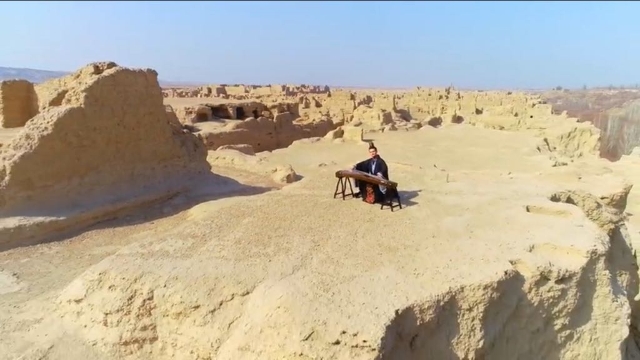
What angered Mahmut more than anything was the desecration of their nan bread with red flags and hammers and sickles. “Nan is so precious to us that we wouldn’t even paint it with our own East Turkestan flag,” he said. “We have always respected nan and food in general as something given by God, not something to be played with or mocked like this. Everything God has given us to sustain us including birds of the field, plants and animals, we must care for and protect.”
He was infuriated that their spring festivities had been hijacked by Han Chinese, who forced Uyghur children to dress in ancient Chinese traditional costumes and young girls to dance on stage in inappropriate outfits. “We have our own style of modest clothing and we would never dress our children like this, for the world to see,” he said. “We try to preserve our separate customs by not eating Chinese food, wearing their clothes or going into their restaurants.”
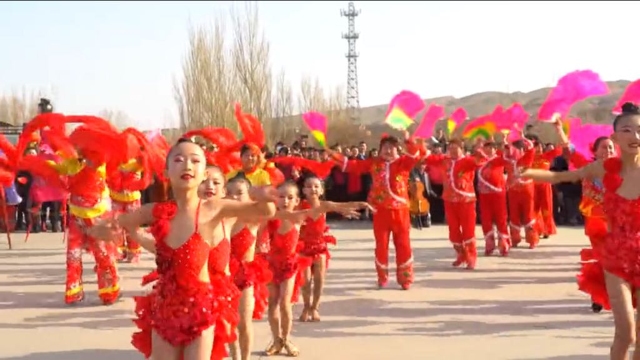
He considered the Turpan festivities to be the height of disrespect and abuse. “The Beijing government is trying to turn Uyghurs into Chinese by stomping all over our religion, our literature, our local crafts and our language. They have always tried to do this but the proof now is irrefutable,” he said. He and his wife are doing all they can to keep the Uyghur language and culture alive among the diaspora in Britain and around the world, but he said it is an uphill struggle with Uyghurs scattered and afraid and having to learn the new languages of their adopted countries. “Many of our books now are unobtainable in Xinjiang,” he said. “Most authors have been banned and their books destroyed and made illegal. You can be taken away just for having the book of a banned author in your home these days.”
The Ultimate Desecration: “Nan” Promoting Materialism
A new Uyghur nan shop which opened this week in the new upmarket Wanda Shopping Mall in Urumqi has also provoked sadness and indignation from members of the diaspora. The bread on sale, despite being made to an original nan recipe, has metamorphosed from the familiar rounds into shapes representing, in many Uyghur eyes, the worst excesses of Beijing’s drive for material wealth above all else. Covered with Chinese slogans and obscure sayings, which only those well-versed in classical literature could appreciate, these transformed “nan” are clearly intended for a wealthy Han clientele.
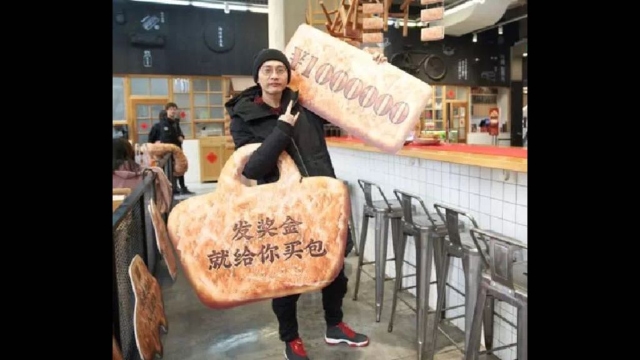
Abdullah, now resident in Sweden, is aggrieved that Uyghurs themselves, who are running the bakery, have been lured by the creeping sinicization of their culture and allowed themselves to be hoodwinked into a full frontal assault on their ancient heritage. “Nan is a gift from God. It is simple and full of sustenance,” he said with great sadness. “To dress it up with slogans and Han poetry, and connect it with wealth and prosperity, demeans this gift from God,” he said, referring to inscriptions on a variety of different shaped loaves encouraging the accumulation of wealth to buy diamonds, cars, houses and expensive handbags. “There’s even a slogan telling you to work overtime for a chance to go abroad,” he said. “This of course is the ultimate cruelty for Uyghurs, all of whose passports have been confiscated and who will never get a chance to go overseas.”
“All the time, Uyghurs and their culture are being sidelined,” said Abdullah. “What is happening to bread is just another nail in the coffin of our people and our homeland.”
